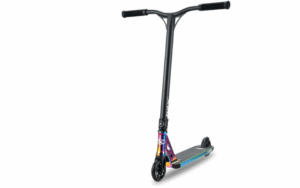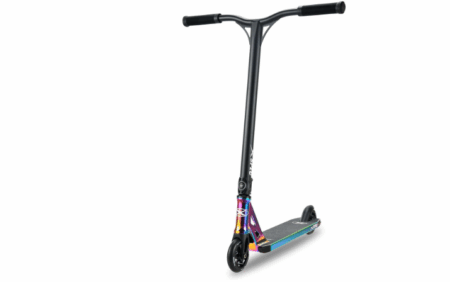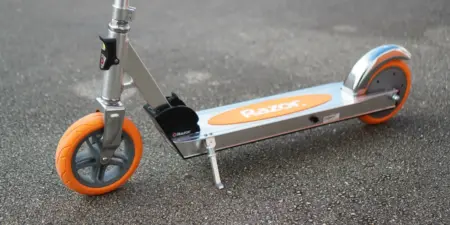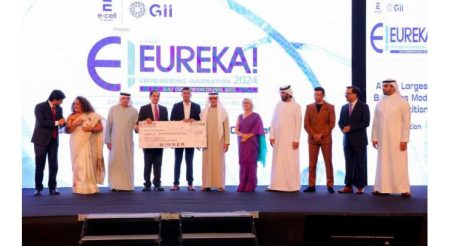A new large study presented at the ATS 2025 International Conference reveals that rising temperatures may worsen obstructive sleep apnea (OSA). The research warns that climate change could double the global impact of OSA over the next 75 years.
Obstructive sleep apnea is a sleep disorder that causes breathing to stop and start repeatedly during sleep. This condition leads to poor sleep quality and increases the risk of heart disease, stroke, and daytime tiredness.
Researchers analyzed data from more than 116,000 users worldwide who used an under-mattress sensor validated to measure OSA severity. Each user provided around 500 repeat measurements. The study compared this health data with 24-hour ambient temperature information from climate models.
The findings showed that higher temperatures raised the chance of experiencing OSA by 45 percent on any given night. The effect was more noticeable in Europe, where people had higher OSA rates when temperatures rose, compared to Australia and the United States.
Scientists also modeled the future impact of rising temperatures on OSA’s societal burden, including health loss, reduced productivity, and increased healthcare costs. Their results showed that a temperature rise of 2 degrees Celsius or more could increase the burden of OSA between 1.5 and 3 times by the year 2100. Since 2000, climate change has already raised the OSA burden by 50 to 100 percent.
This study highlights the serious threat climate change poses to human health by increasing the prevalence and severity of OSA. Many cases of OSA remain undiagnosed and untreated, which worsens the health and economic impacts of rising temperatures.
Limiting global warming is essential to slowing this trend. At the same time, improving public health efforts to diagnose and treat OSA is critical to reduce its growing burden.
Rising temperatures are likely to make obstructive sleep apnea more common and severe worldwide. This study provides another urgent reason to act against climate change and strengthen healthcare responses.















